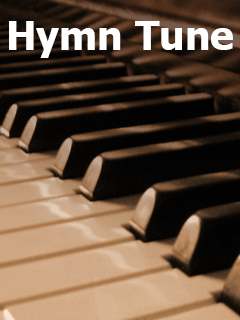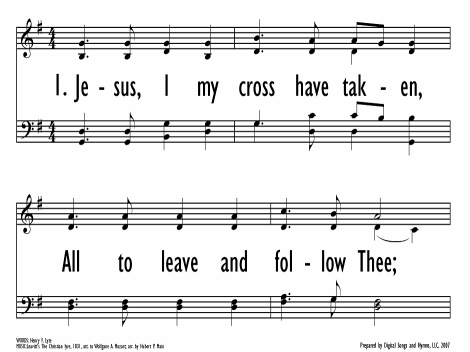- |
User Links
BETHANY (Smart)

BETHANY (Smart)
Composer: Henry Thomas Smart (1867)Published in 207 hymnals
Printable scores: PDF, MusicXML
Audio files: MIDI, Recording
Composer: Henry Thomas Smart
 Henry Smart (b. Marylebone, London, England, 1813; d. Hampstead, London, 1879), a capable composer of church music who wrote some very fine hymn tunes (REGENT SQUARE, 354, is the best-known).
Smart gave up a career in the legal profession for one in music. Although largely self taught, he became proficient in organ playing and composition, and he was a music teacher and critic. Organist in a number of London churches, including St. Luke's, Old Street (1844-1864), and St. Pancras (1864-1869), Smart was famous for his extemporizations and for his accompaniment of congregational singing. He became completely blind at the age of fifty-two, but his remarkable memory enabled him to continue playing the organ. Fascinated by organs as a youth… Go to person page >
Henry Smart (b. Marylebone, London, England, 1813; d. Hampstead, London, 1879), a capable composer of church music who wrote some very fine hymn tunes (REGENT SQUARE, 354, is the best-known).
Smart gave up a career in the legal profession for one in music. Although largely self taught, he became proficient in organ playing and composition, and he was a music teacher and critic. Organist in a number of London churches, including St. Luke's, Old Street (1844-1864), and St. Pancras (1864-1869), Smart was famous for his extemporizations and for his accompaniment of congregational singing. He became completely blind at the age of fifty-two, but his remarkable memory enabled him to continue playing the organ. Fascinated by organs as a youth… Go to person page >Tune Information
| Title: | BETHANY (Smart) |
| Composer: | Henry Thomas Smart (1867) |
| Meter: | 8.7.8.7 D |
| Incipit: | 36531 21765 13543 |
| Key: | E♭ Major |
| Copyright: | Public Domain |
Alternative Tunes
Notes
BETHANY, named after the village near Jerusalem, is a suitably dramatic tune for the song text. It was composed by Henry Smart (b. Marylebone, London, England, 1813; d. Hampstead, London, 1879), a capable composer of church music who wrote some very fine hymn tunes (REGENT SQUARE, 354, is the best-known). He originally composed BETHANY for the text “Jesus, I My Cross Have Taken”; it was first published in Psalms and Hymns for Divine Worship (1867). Though Smart favored unison singing, which works well, especially with all the stops pulled out and the tempo increased on stanza 2, the harmonization is quite accessible to part singing. (Note: this BETHANY should not be confused with one composed by Lowell Mason in 1856 and first published as a setting for "Nearer, My God, to Thee.")
Smart gave up a career in the legal profession for one in music. Although largely self taught, he became proficient in organ playing and composition, and he was a music teacher and critic. Organist in a number of London churches, including St. Luke's, Old Street (1844-1864), and St. Pancras (1864-1869), Smart was famous for his extemporizations and for his accompaniment of congregational singing. He became completely blind at the age of fifty-two, but his remarkable memory enabled him to continue playing the organ. Fascinated by organs as a youth, Smart designed organs for important places such as St. Andrew Hall in Glasgow and the Town Hall in Leeds. He composed an opera, oratorios, part-songs, some instrumental music, and many hymn tunes, as well as a large number of works for organ and choir. He edited the Choralebook (1858), the English Presbyterian Psalms and Hymns for Divine Worship (1867), and the Scottish Presbyterian Hymnal (1875). Some of his hymn tunes were first published in Hymns Ancient and Modern (1861).
--Psalter Hymnal Hadnbook, 1988
Timeline
Arrangements
Media
The Cyber Hymnal #6006
Text: Son of God, Eternal SaviorThe Cyber Hymnal #6256
Text: Sow the Seed Beside All Waters- MIDI file from Christian Classics Ethereal Hymnary #805
- MIDI file from The Cyber Hymnal #6006
- MIDI file from The Cyber Hymnal #6256
- Audio recording from Evangelical Lutheran Hymnary #385
- MIDI file from Psalter Hymnal (Gray) #233
- MIDI file from Psalter Hymnal (Gray) #233
- Audio recording from Small Church Music #397
- Audio recording from Small Church Music #397


 My Starred Hymns
My Starred Hymns




